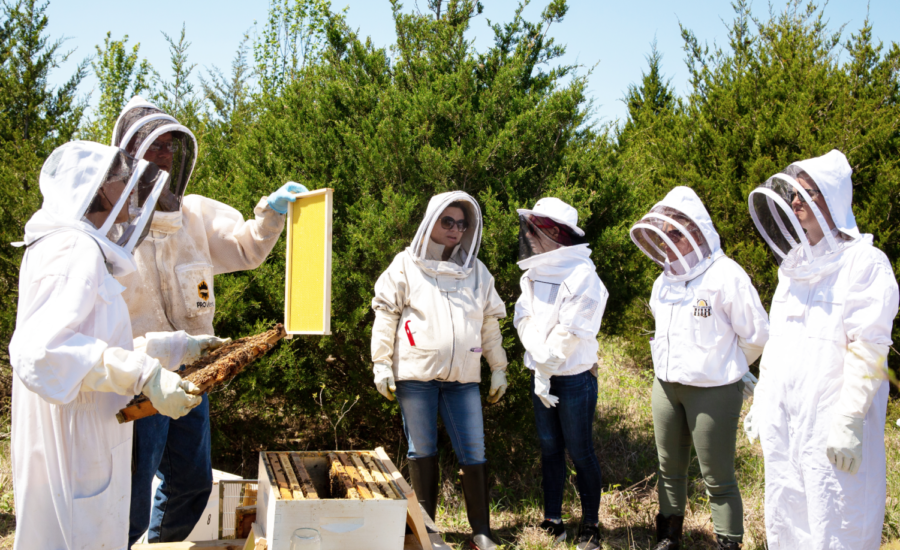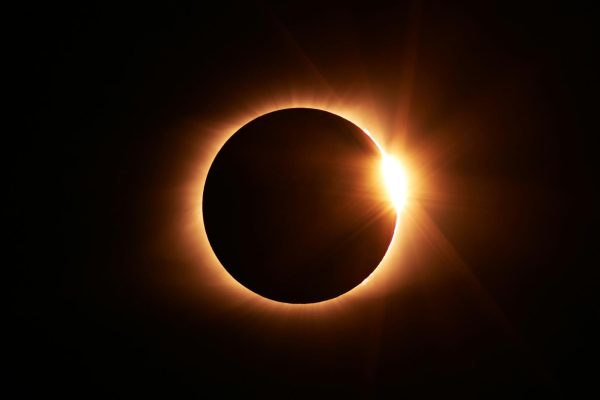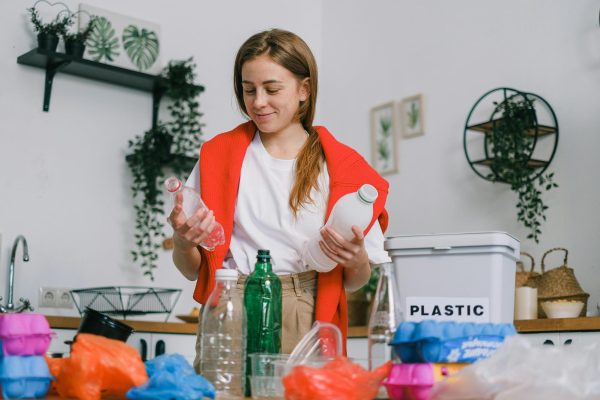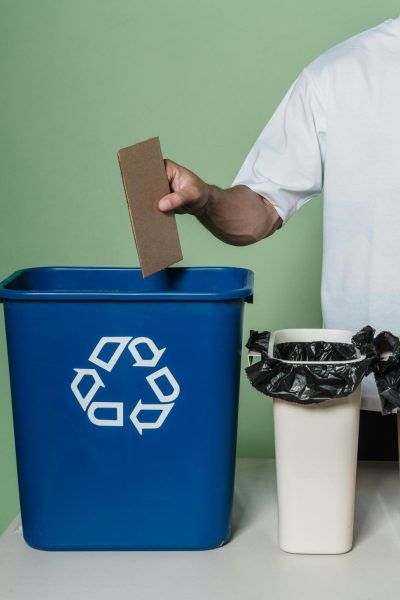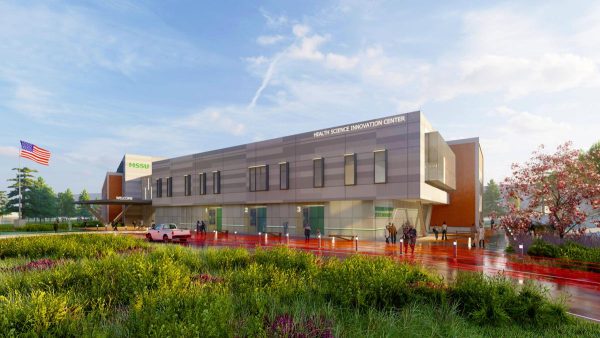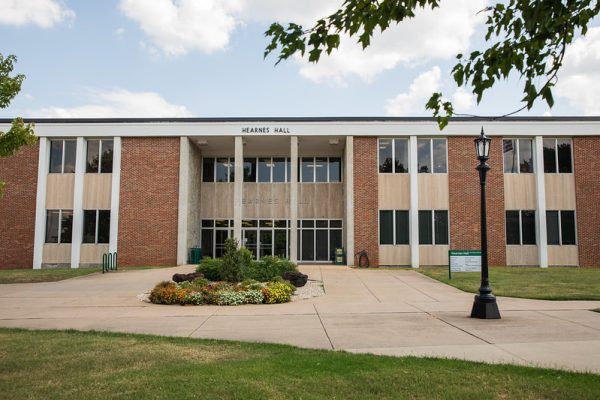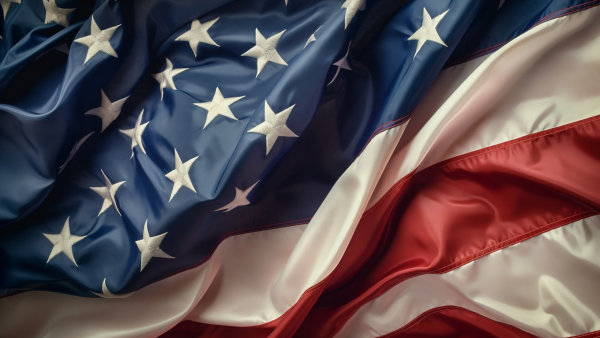Pollinator club harvests honey
Photos courtesy of Missouri Southern
Students and faculty participating in beekeeping.
Students involved in the Missouri Southern Pollinator Club are learning how to be beekeepers, while promoting habitat health and packaging honey for the rest of campus to enjoy.
“It came out from a classroom discussion I was having in a Biology class where we were talking about pollinators and the pollinator crisis in recent years. Numbers of almost every type of insect pollinator are on decline,” said club adviser Dr. Mary Kilmer, assistant professor of biology & environmental health.
A student asked if there was the possibility of bringing beehives to campus, and when she began investigating, Kilmer found solid support for the idea.
With a little help, both financially and in the form of expertise from the Joplin Area Beekeepers Association, the club soon had its first few hives. Their first honey harvest took place this year, and students have the opportunity to buy honey at the bookstore located in Billingsly Student Center.
A half pint jar costs $8 and a pint costs $15.
The honey is raw, meaning it has only been filtered and has not undergone any heat or treatment. This is made possible due to the natural antibiotic and antifungal properties of honey.
Kilmer noted that while pesticides are certainly aiding pollinator population decline, the major culprit is habitat loss.
“… [A] bigger issue right now with all pollinators is habitat loss. We have converted a lot of areas, when we urbanize areas we tend to replace native species with ones that we like that are pretty; those aren’t always good food for bees,” said Kilmer.
According to Kilmer, the native prairie on the northeast side of campus provides the perfect environment for bees.
The next project for students in the club is to return the steep hillside behind Plaster Student Union, Nixon Hall and Reynolds Hall to all native vegetation.
This would not only create a better insect habitat, but also serve as a cost saving measure for the University, since it would no longer need to be mowed.
The club plans to begin with the area nearest Nixon Hall, since the ground has been more recently disturbed by construction.
The possibility of a pollinator related experiential learning course is something Kilmer said the biology department may be interested in implementing in the future.
The club presently has six hives, but peaked at nine this year before the bees in three hives decided to move elsewhere. During the summer months each hive had a population of as many as 60,000 to 80,000 bees.
The bees are preparing for winter now, but there will still be work to be done maintaining equipment for the club members.
Some of the hives are owned by the biology department, while others are owned by the Pollinator Club. Whichever entity owns the hive gets the profit from the honey sales.
So, not only is the club able to support itself, the club can also contribute money to the biology department that can be used to send students to conferences or for departmental trips.
The Pollinator Club is open to any major and students who are interested can contact Kilmer.
The Club meets as necessary on Fridays at 2 p.m. Dues are $5 per year.
However, most Fridays students are found working on hives, even if there is no scheduled meeting.
Your donation will support the student journalists of Missouri Southern State University. Your contribution will allow us to purchase equipment and cover our annual website hosting costs.



















